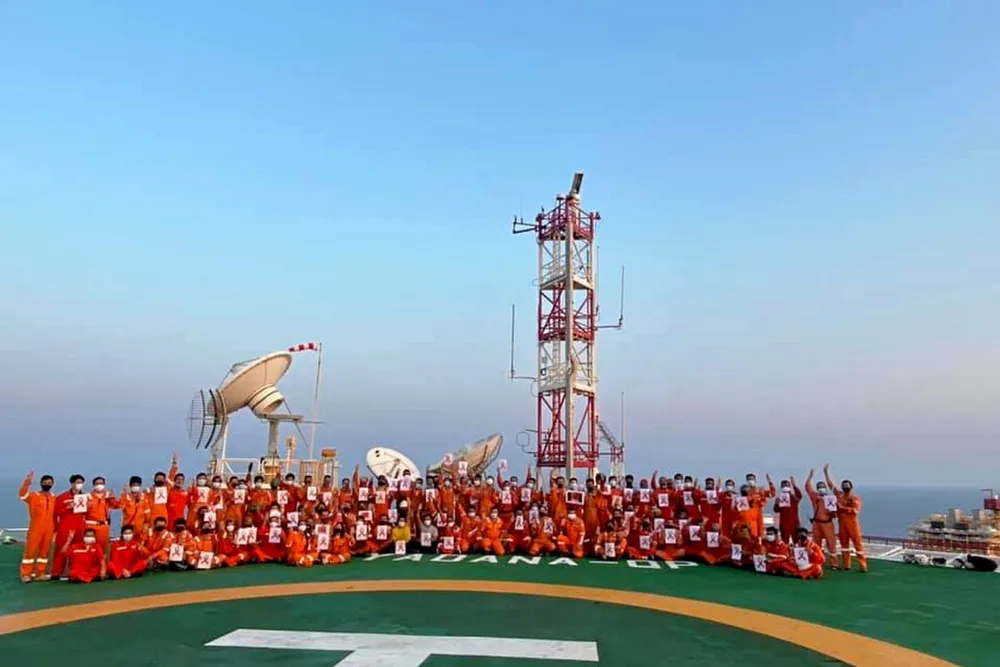Pressure mounts on oil companies in Myanmar to suspend payments to military junta
Parallel civilian government reaches out to operators as security situation deteriorates

Parallel civilian government reaches out to operators as security situation deteriorates
